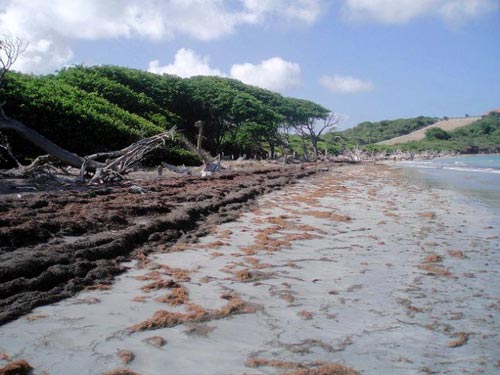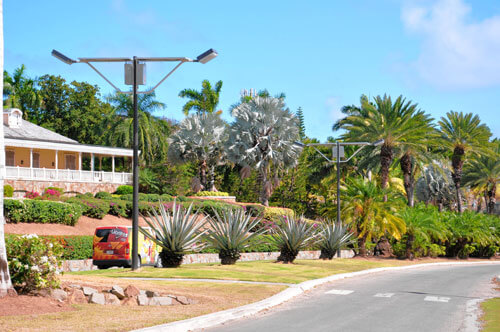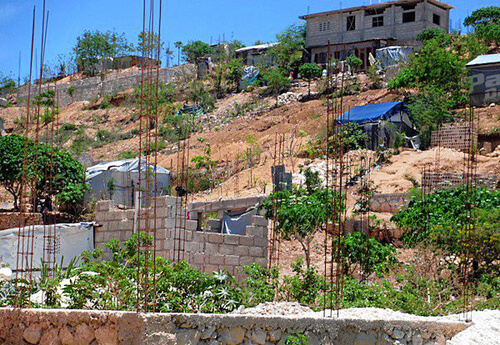PORT OF SPAIN, Trinidad, Apr 24 2013 (IPS) – Tourism, widely regarded as the mainstay of Caribbean economies, is being challenged to remain sustainable in an era of climate change and its impact on beaches, rivers and other attractions.
Carlos Vogeler, regional director for the Americas United Nations World Tourism Organisation (UNWTO), speaking at a four-day Sustainable Tourism Development conference held here last week, said that World Tourism Day on Sep. 27 will be dedicated to tourism and water.
“We have to pay close attention because it is our very success which can threaten our most valuable assets.” — CTO Chair Beverly Nicholson-Doty
The goal is to shine a spotlight on water both as an asset and as a resource and on the actions needed to face up to the water challenge.
“Water is one of tourism’s main assets. Each year, millions of people travel around the world to enjoy water destinations both inland and in coastal areas and Caribbean destinations play a key role in this,” Vogeler said.
“Water is also one of tourism’s most precious resources, and as one of the largest economic sectors in the world, it is the responsibility of the tourism industries to take a leadership role and ensure companies and destinations invest in adequate water management throughout the value chain.
“If managed sustainably, tourism can bring benefits to the national and local communities and support water preservation,” Vogeler added.
In his message for World Tourism Day 2012, U.N. Secretary-General Ban Ki-moon recalled that “one of the world’s largest economic sectors, tourism, is especially well-placed to promote environmental sustainability, green growth and our struggle against climate change through its relationship with energy.”
Vogeler told IPS that UNWTO has been supporting better energy use in the tourism sector for years.
“We have been thrilled with the response we received from the international tourism community,” he said.
“The hotel industry accounts for 21 percent of the carbon emissions from tourism and in 2008, UNWTO launched the Hotel Energy Solutions Project for the accommodation sector and today we can provide hoteliers across the world with a free electronic software to assess their energy consumption and propose them the most profitable investment alternatives in terms of energy efficiency and renewable energies.”
The Sustainable Tourism Development conference was facilitated by the region’s tourism development agency, the Caribbean Tourism Organisation (CTO).
Chairman Beverly Nicholson-Doty says devoting resources to develop and maintain a sustainable tourism industry for the future has a very strong potential for a high return on investment.
She told IPS that as one of the most tourism dependent regions in the world, it is crucial to ensure Caribbean residents and visitors fully understand that the preservation of its natural resources will determine its success in the future.



























